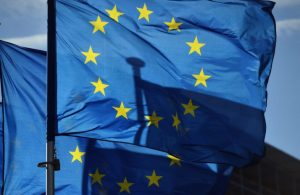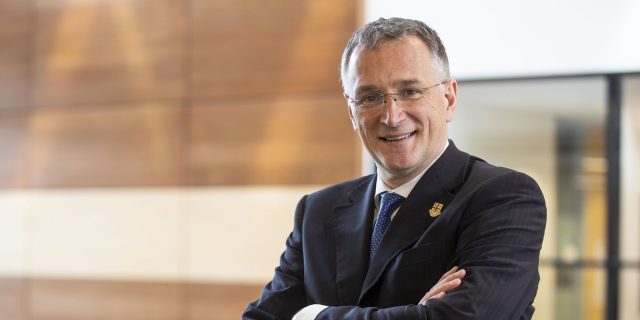The president of the European Research Council has resigned after failing to persuade Brussels to set up a large-scale scientific programme to fight Covid-19. EU’s top scientist council boss Professor Mauro Ferrari, who started a four-year term as leader of Europe’s flagship scientific institution on 1 January, submitted his resignation to EU commission president Ursula von der Leyen on 7th of April saying that he noticed lack of co-ordinated action on Covid-19

“I have been extremely disappointed by the European response to Covid-19. I arrived at the ERC a fervent supporter of the EU but the Covid-19 crisis completely changed my views, though the ideals of international collaboration I continue to support with enthusiasm.” The ERC, set up in 2007 to fund Europe’s best scientists, has become one of the world’s most prestigious funding agencies with a budget of around €2bn a year.
Prof Ferrari, an Italian-American pioneer of nanomedicine, said his rift with the European Commission started in early March “as it became evident that the pandemic would be a tragedy of possibly unprecedented proportions”. He said he proposed then to set up a special ERC programme to combat Covid-19. “I thought that at a time like this, the very best scientists in the world should be provided with resources and opportunities to fight the pandemic, with new drugs, new vaccines, new diagnostic tools, new behavioural dynamic approaches based on science, to replace the oft-improvised intuitions of political leaders,” he said.
He recommended AnalysisCoronavirus Coronavirus: remedies for a health crisis But the ERC Scientific Council, its governing body, unanimously rejected the idea, he said, on the grounds that its remit allows it only to fund “bottom-up” research proposed by scientists, rather than larger “top-down” programmes with objectives set by EU leaders. “I argued that this was not the time for scientific governance to worry excessively about the subtleties of the distinctions between bottom-up versus top-down research,” said Prof Ferrari, who spent much of his career as a prominent cancer researcher in the US. He said he got a second chance when Ms von der Leyen asked him for his views on addressing the pandemic. He then developed a plan “to which she contributed substantial directives”. “The very fact that I worked directly with her created an internal political thunderstorm,” he said. 
“The proposal was passed on to different layers of European Commission administration, where I believe it disintegrated upon impact.” A Commission spokesperson expressed gratitude for Prof Ferrari’s work, regretted his resignation “at this early stage in his mandate” and wished him well for the future. The commission plans to put together a search committee for a replacement as soon as possible. The spokesperson said 50 ongoing or completed European Research Council projects were contributing to the response to the Covid-19 pandemic. Other EU-level scientific crisis measures included backing for 18 urgent research and development products and financial support for the German company CureVac’s work on a possible vaccine. EU officials said other members of the ERC’s Scientific Council had disagreed with Prof Ferrari’s idea to focus the body on short-term pandemic response, arguing other EU structures were better placed to do this. The commission had tried unsuccessfully to broker a solution. Prof Ferrari lamented “the complete absence of co-ordination of healthcare policies among member states, the recurrent opposition to cohesive financial support initiatives, the pervasive one-sided border closures” in the EU.
The pandemic has stoked tensions within the bloc and led to criticism that some EU countries have failed to co-operate or show solidarity with those hit hardest by coronavirus. Janez Lenarcic, the EU’s crisis management commissioner, said that member states had initially not offered the help needed by Italy as the death toll there soared.
“There was an inadequate response to the Italian request for assistance from other EU member states,” He unveiled a plan to dispatch doctors and nurses from Romania and Norway to Italy. “But things have changed now.” With the commission’s agreement, Prof Ferrari remained a part-time affiliate professor at the University of Washington School Of Pharmacy in Seattle after he became ERC president. He plans now to set up an international research initiative to fight Covid-19 from the US.










